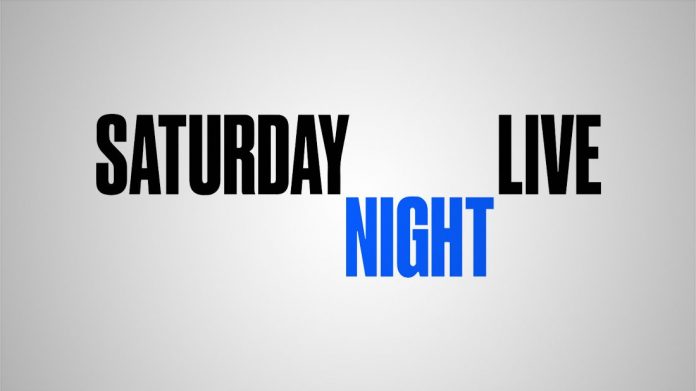Some of you may have heard about the recent news surrounding “Saturday Night Live”’s Sept. 12 casting announcement for its 45th season. Three new members were announced: Chloe Fineman, Shane Gillis and Bowen Yang. This cast had people talking from the moment it came out. There was a lot of discussion around Yang, a Chinese-American, as he is the show’s first East Asian cast member and third openly gay cast member. But not long after the accolades for Yang started to appear, people began to talk about Shane Gillis.
The conversation turned to Gillis because a video of him on a podcast from about 11 months ago emerged. In the video he discusses a hate for Chinatown, adopting a stereotypical Chinese accent to mock those attempting to learn English and using an offensive slur for Chinese people. Quotes of his have also come out in which he refers to comedians like Chris Gethard and Judd Apatow using homophobic slurs. As of Sept. 16, “SNL” has decided not to hire him.
When the video first emerged, Gillis posted a statement to his Twitter account in the form of a screenshot of his notes app. In this statement Gillis put that he is a comedian who “pushes boundaries” and that he “sometimes miss[es].”
This is one of the most blatant misunderstandings of what it means to push boundaries in comedy. Being racist is not pushing boundaries. It should be no surprise to anyone, but racism is systematic in our society, and falling back on stereotypes and offensive voices does nothing but fall in line with that.
Gillis also wrote, “I’m happy to apologize to anyone who’s actually offended by anything I’ve said.” This is not an apology. In between the video coming out and his firing, Gillis had the opportunity to show growth and real regret, but instead, he showed his lack of understanding the issue. His written statement also said that his “intention is never to hurt anyone but [he] is trying to be the best comedian [he] can be and sometimes that requires risks.”
But what risk did Gillis take? One may argue that he was risking his career and future employment. But you cannot deny that this controversy has made him a known name, whereas if he had gone to “SNL” no one would know who he is for at least the next two years as a new cast member. Gillis has hundreds of people coming to his defense, including celebrities like Bill Burr, Jim Jefferies and Rob Schneider. To say that Gillis has become an unjust victim of cancel culture is blatantly untrue. He has been lifted up by his status as ‘cancelled’ and most likely has a full career ahead of him.
It’s hard to deny that being a good comedian requires risks, but that wasn’t a risk worth taking. None of this is to say that it is not possible to take comedic risks with race. You can look at Sarah Silverman, Mel Brooks or It’s Always Sunny in Philadelphia. All of them have taken risks by making jokes about race. Of course, the results weren’t always great. But a huge difference between Gillis and those mentioned before is that Gillis was targeting Chinese people, whereas the others used race to make fun of racists or the discomfort surrounding race. Those are risks because they attempt to disrupt the status quo. Gillis, on the other hand, is just confirming the status quo. There’s no risk and he is pushing no boundaries. Gillis is indicative of a greater issue where many people are more willing to defend someone who mocks marginalized people rather than those victimized by their statements.






















